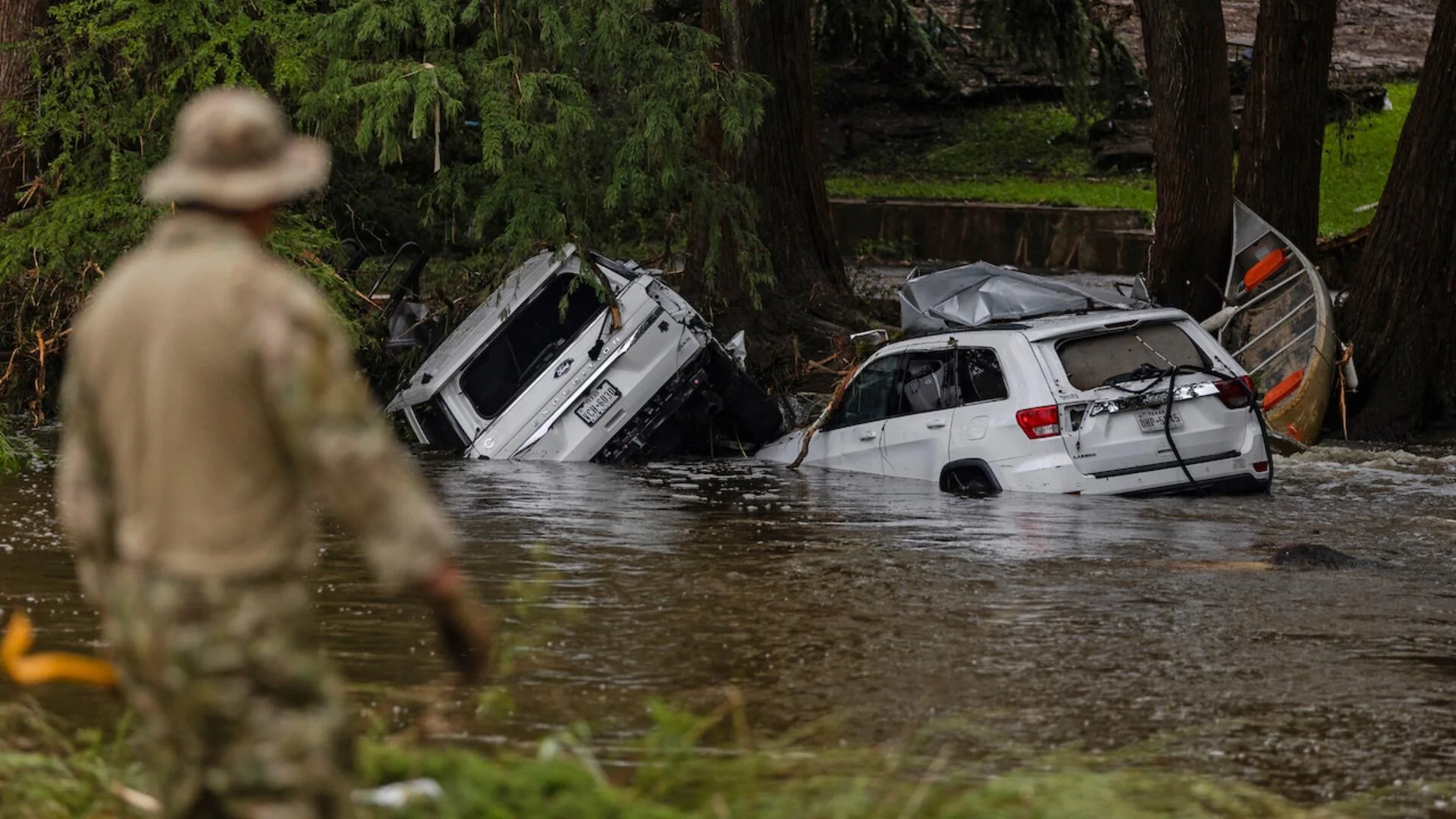FEMA"s Response Crippled by Bureaucratic Delays
The catastrophic floods in Texas, which have claimed 120 lives and left over 150 missing, were met with bureaucratic inertia that directly impacted emergency response efforts. Homeland Security Secretary Kristi Noem"s newly instituted requirement for her signature on contracts and grants exceeding $100,000 has been exposed as a critical bottleneck. As reported by CNN, this policy delayed the deployment of Urban Search and Rescue teams, preventing them from mobilizing immediately as floodwaters began to rise.
Noem"s Social Media Preoccupations During Crisis
As the disaster unfolded, Noem opted to engage her Instagram followers with a poll about which official portrait she should use as a former governor. Her post on July 7, when Texas was grappling with rising floodwaters, raises serious questions about priorities during a national emergency. The stark contrast between her social media activities and the urgent needs of the people suffering in Texas underscores a troubling disconnection from the reality on the ground.

What to Know in Washington: Hurricanes Set to Strain FEMA Funds
Delays in Emergency Resources and Coordination
Additionally, the request for aerial imagery to aid search and rescue operations was similarly stymied by the need for Noem"s approval. FEMA officials disclosed that with Noem"s stringent requirements, callers to FEMA"s disaster center experienced longer wait times, further exacerbating the crisis atmosphere. Acting FEMA Administrator David Richardson has been stripped of substantial authority, leaving emergency responders hamstrung in their efforts to act swiftly.
Accountability and the Impact of Bureaucratic Structures
This situation is not merely an administrative hiccup; it reflects a broader pattern of how bureaucratic structures can obstruct effective disaster response. Research indicates that rigid command-and-control approaches generally yield ineffective outcomes during emergencies according to studies on emergency management. Former FEMA Director Deanne Criswell warned that lost time during such crises can cost lives, emphasizing the necessity for proactive and responsive emergency management.

What makes central Texas" flash flood alley so dangerous?
Changing the Narrative on Federal Disaster Response
Homeland Security spokesperson Tricia McLaughlin attempted to frame this shift as a move away from "bloated, DC-centric dead weight" towards a more efficient model. However, the reality on the ground belies such claims. The chaotic response to the Texas floods, marked by delayed aid and a lack of clear communication, raises questions about the effectiveness of Noem’s leadership and the adequacy of the current emergency management framework. As accountability becomes a crucial issue in disaster response, the cultural and political contexts surrounding these events cannot be overlooked according to research that highlights how these factors shape our preparation and response to crises.



![[Video] Gunfire between Iraqi security forces and Sadr militias in Baghdad](/_next/image?url=%2Fapi%2Fimage%2Fthumbnails%2Fthumbnail-1768343508874-4redb-thumbnail.jpg&w=3840&q=75)
